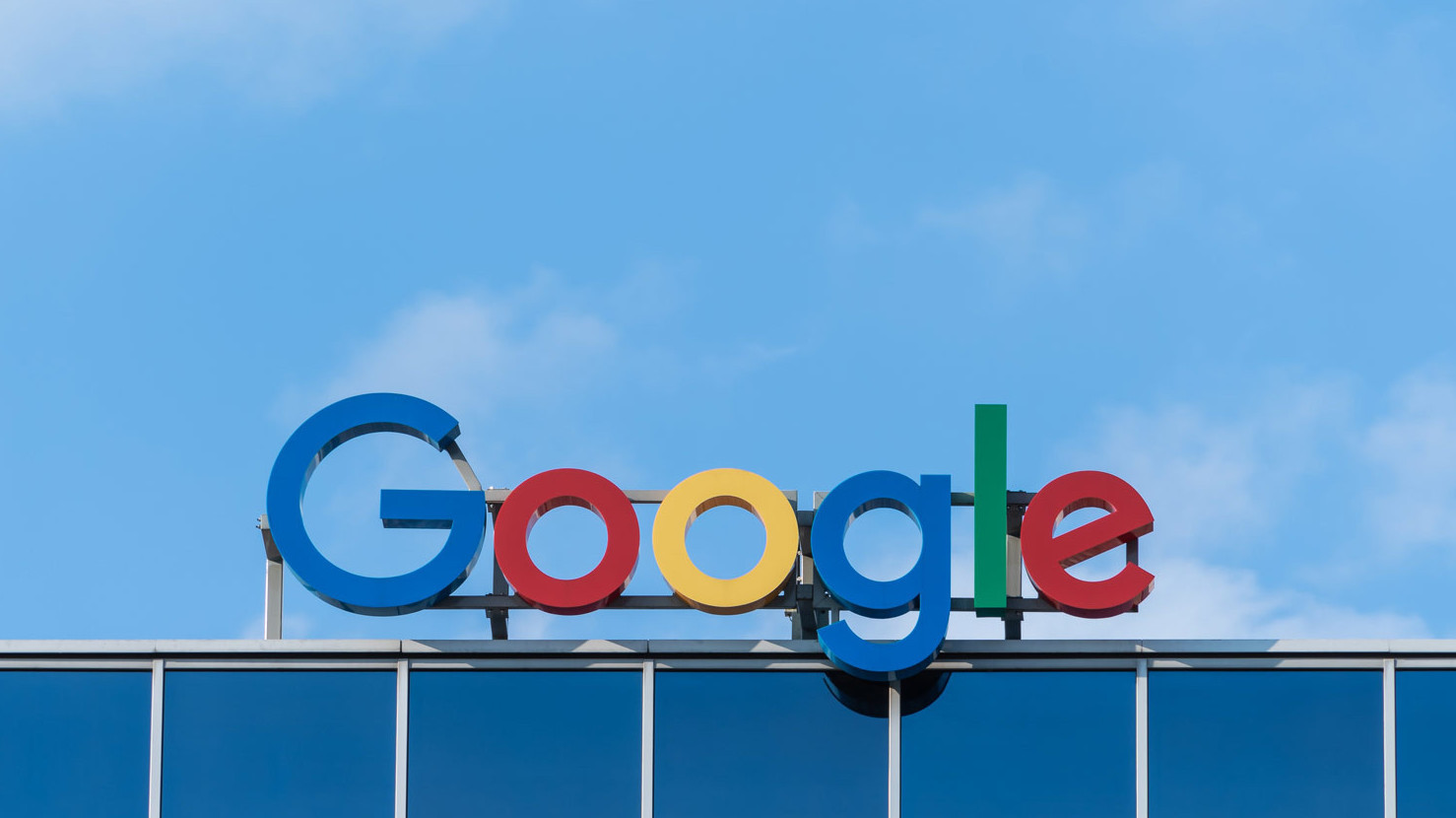Tech Giants
October 2023
What We Know so Far on Google’s Antitrust Case - Insights & Implications

Many of us use search engines so routinely that we might overlook their importance, yet they remain a crucial part of the internet's framework. Google serves as a prime example of this impact. In just 25 years, it has evolved into a tech giant valued at £1.4 trillion, significantly influencing numerous aspects of our online activities. In 2022, search ads alone accounted for nearly 60 per cent of the company's revenue, amounting to a staggering £133.4 billion. This figure doesn't even include the various other methods Google employs to capitalise on its unparalleled insight into the global population's search queries.
The ongoing antitrust trial against Google has captured the attention of the tech world and beyond. Google CEO Sundar Pichai’s testimony marked a significant moment in this high-profile case. The U.S. government, in collaboration with states such as New York, California, and Colorado, launched this legal action back in January this year, targeting what they believe to be Google’s dominant control over the digital advertising market.
The core of the government's argument is that Google’s practices hinder competitors from accessing vital data, stifling their ability to improve their offerings and builds upon a 2020 antitrust claim that scrutinised Google's dominance in online search.
Ultimately, it narrows down to one basic inquiry: What search engine do you opt for, and what are your reasons for choosing it?
Google stands firm in its defence, maintaining that it’s the best search engine out there and its business practices and partnerships are legitimate business strategies. The tech giant argues that its position as the preferred default engine is a reflection of its quality and user preference rather than any anticompetitive behaviour.
However, the DOJ and attorneys general from nearly every state and territory in the USA argue that Google’s dominance stems from its substantial financial agreements with a wide range of companies - including Apple and Verizon. These agreements, totalling billions annually, ensure Google remains the default search engine on a majority of devices and browsers. Although Google has not disclosed the precise figure, it was revealed during the trial that in 2021 alone the company spent a staggering £22 billion to ensure its default search engine status across multiple platforms. During the same period, it generated £121 billion in revenue from search ads. The majority of that money is believed to go to Apple.
The intricacies of Google’s relationship with Apple were laid bare during the trial, particularly Google's commitment not to promote its Chrome browser to Safari users. This agreement played a crucial role in ensuring Apple did not switch to a competitor or offer browser choices during iPhone setups.
The trial brought to the forefront Google’s early understanding of the influence of default settings. A 2007 email, presented during the trial, demonstrated the impact of making Google the default search engine, leading to a considerable increase in Google searches. Competitors argued that such strategies have stifled their growth, suggesting that they could have been more formidable contenders had they been able to secure similar arrangements.
The trial revealed Google's ambitions to expand its influence, with Sundar Pichai admitting to attempts in 2018 to have Google preinstalled on iOS devices. This move was intended to deepen the integration between Google and Apple’s services, but Apple declined the proposal, maintaining its policy against preloading third-party software.
An aspect of the trial that raised eyebrows was Google's policy regarding the deletion of internal chat messages. The company faced scrutiny over its compliance with litigation holds, a topic that became a point of contention during Pichai’s testimony.
Enjoying what you're reading?
See our workIn a twist of irony, the trial recalled an instance in 2005 when Google criticised Microsoft for making Internet Explorer the default search engine, labelling it anti-competitive. This historical stance was juxtaposed against Google’s current practices, highlighting a perceived shift in the company’s approach to competition.
The anti-trust trial marks the first significant legal challenge against the business practices of a major tech company since the Department of Justice tried Microsoft in the late 1990s.
Several anti-trust legal actions targeting dominant tech platforms are set to unfold in the coming months, including the DOJ and state attorneys general’s cases against Google regarding its advertising tech business, the FTC's litigation against Meta concerning its acquisitions of Instagram and WhatsApp, and the FTC's case against Amazon related to its marketplace platform. There's even the possibility of Apple facing a lawsuit. The outcomes of these trials, beginning with this one, will provide crucial insights into whether anti-trust laws, established in a pre-internet era and tested in an increasingly business-centric judicial environment, can effectively address the business practices of today's dominant digital platforms.
Conclusion.
The repercussions of this trial extend beyond Google, potentially influencing other high-profile cases involving tech giants like Amazon, Apple, and Facebook. The outcome could redefine antitrust law’s effectiveness in regulating and challenging the practices of the world’s most influential companies.
In conclusion, as the trial unfolds, it not only sheds light on Google's business strategies and the intricacies of its partnerships but also sets the stage for potential seismic shifts in the tech industry's regulatory landscape.
